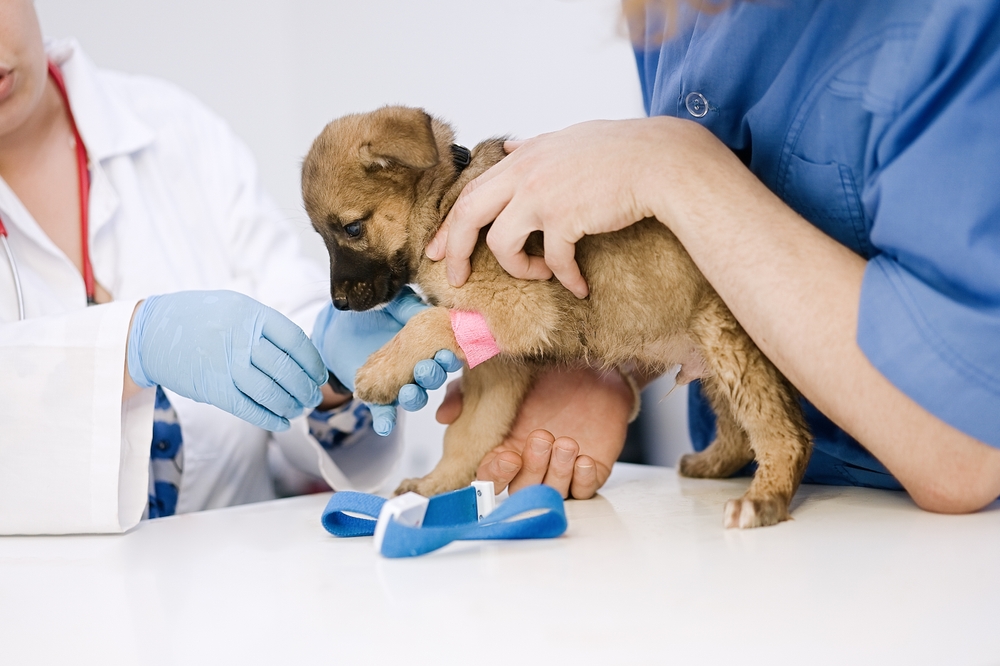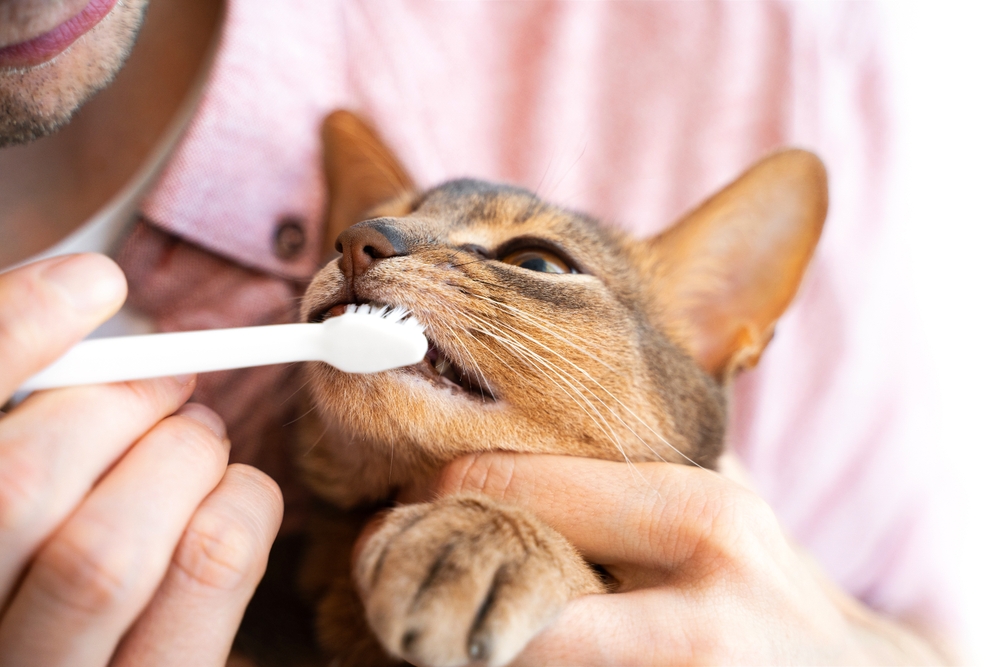Blog
Community Veterinary Medicine Blog

As pet parents, we always want to make the best choices for our furry family members. While wellness exams, vaccinations, and dental care are all essential parts of keeping pets healthy, one important aspect of preventive care often gets overlooked - routine blood work.

Dental care is one of the most frequently overlooked aspects of pet ownership. Many dogs and cats develop dental issues that can cause discomfort, pain, or even lead to serious health concerns if left untreated.

Visiting the veterinarian is an essential part of your dog’s health and well-being, but for many pets it can be a stressful experience. If your dog shows signs of anxiety before or during vet visits, you’re not alone. There are several strategies you can use to help your pet feel more comfortable and less fearful during these important appointments.

Living in New York City with a dog is an adventure. From morning walks in Central Park to weekend brunches at pet-friendly cafés, our four-legged companions are part of our daily lives. But as pet owners, we also have a responsibility to ensure their health and well-being. One of the most impactful decisions you can make for your dog is spaying or neutering.

Ensuring your dog’s safety and security is a top priority for every pet owner. One simple yet essential way to protect your furry friend is by having them microchipped. Microchipping is a quick, permanent, and effective method of identifying your dog in case they get lost or separated from you. This guide will walk you through the microchipping process and help you understand why it’s an essential part of responsible pet ownership.

Heartworm disease is a serious and potentially life-threatening condition that affects dogs. As a pet owner, it's crucial to understand the symptoms, causes, and treatment options for this disease to ensure the health and well-being of your beloved canine companion.

Pets have unique nutritional needs that vary based on their age and stage of life. Providing your pet with the right balance of nutrients can help support their growth, maintain their energy levels, and prevent age-related health issues.

As we transition from winter to spring and summer—and since April is Prevent Lyme Disease in Dogs Month—it’s a good time to talk about ticks and tick-borne diseases.

Most dog owners spend time cleaning after their pets either on the street, at the park, or at home in the yard. While this is common, most owners do not know what to do with the poop other than throw it away.

The health of your pet's teeth and gums can greatly affect their overall quality of life. Many pet owners don't realize that dental disease is not just a cosmetic issue, but a serious health concern.









